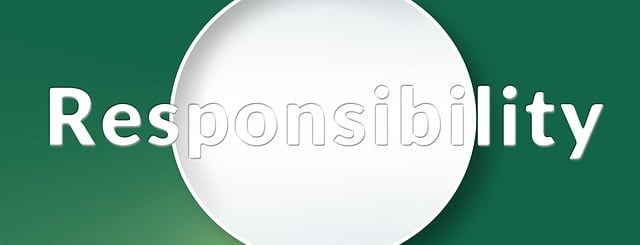Debt restructuring for individuals in South Africa provides a path to financial recovery, offering solutions like renegotiated loan terms and legal protections under the National Credit Act. A strategic approach begins with assessing finances, categorizing debts, and consulting advisors to explore options such as debt counselling or settlement agreements, ensuring long-term financial health.
In South Africa, individual debt restructuring is a crucial process for those burdened by overwhelming debt. This article explores strategies and options available, empowering individuals to make informed decisions about their financial future. Understanding debt restructuring involves comprehending various legal frameworks and the benefits of consolidation, negotiation, or repayment plans. By navigating these choices, South Africans can break free from debt’s grasp, securing a more stable financial path ahead.
- Understanding Individual Debt Restructuring in South Africa
- Strategies and Options for Informed Debt Decision Making
Understanding Individual Debt Restructuring in South Africa

Debt restructuring for individuals in South Africa refers to a process where borrowers, often facing financial strain, work with lenders to modify their loan terms. This can include adjusting interest rates, extending repayment periods, or even writing off portions of the debt. It’s a way for South Africans grappling with overwhelming debt to regain control and manage their finances more effectively.
Key aspects of individual debt restructuring in South Africa are governed by various laws and regulations, ensuring fairness and protection for both lenders and borrowers. The National Credit Act is a cornerstone legislation that outlines the rights and responsibilities of all parties involved. Understanding these legal frameworks is crucial when considering debt restructuring options to make informed decisions about managing personal debt responsibly.
Strategies and Options for Informed Debt Decision Making

Navigating individual debt restructuring in South Africa requires a strategic approach for making informed decisions about debt. The first step is to thoroughly assess one’s financial situation, including income, expenses, and existing debts. This involves categorizing debts based on interest rates, repayment terms, and priority levels to identify the most effective strategy for debt management. Tools like budget planning and debt consolidation can help individuals gain control over their finances by reducing interest costs and simplifying repayments.
Additionally, exploring various debt restructuring options tailored to South Africa’s legal framework is crucial. These may include debt counselling services that assist in negotiating with creditors, debt settlement agreements allowing for a portion of the debt to be written off, or debt restructuring plans offering extended repayment periods at lower interest rates. It’s important to consult with financial advisors or experts in debt restructuring to understand the pros and cons of each option and choose the best course of action for long-term financial health.
Debt restructuring for individuals in South Africa offers a lifeline for those burdened by financial strain. By understanding various strategies and making informed decisions, South Africans can navigate their debt effectively. This process empowers them to break free from the cycle of debt, regain control over their finances, and foster a healthier relationship with money. Embracing these options is a step towards financial stability and a brighter future.







